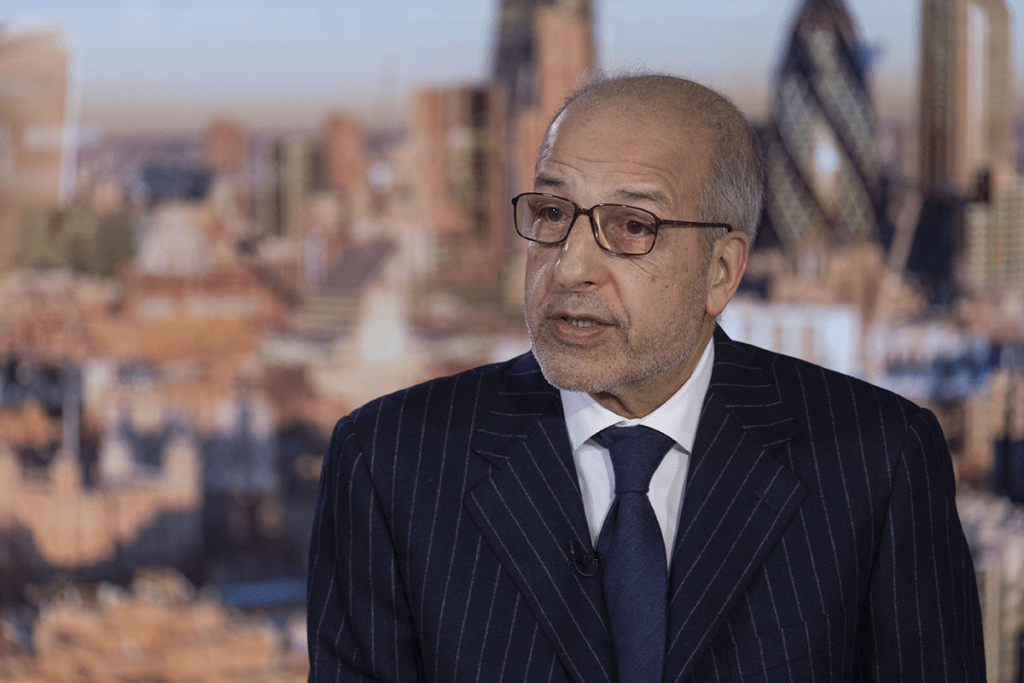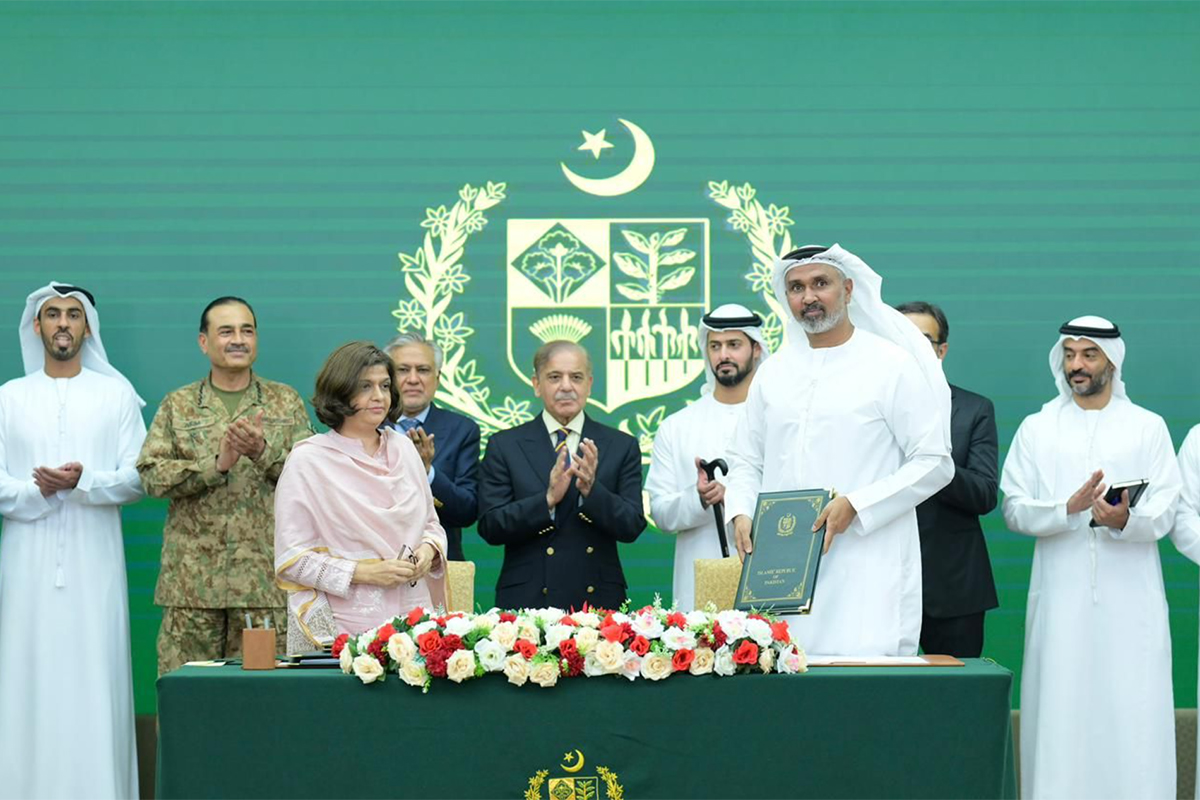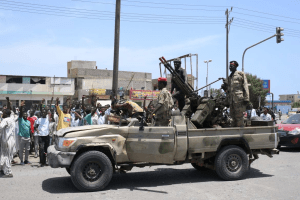Libya: Central bank chief calls for unified government

Libya’s central bank’s governor devalued the dinar and asked parliament to approve a new, unified government on March 5th, according to Reuters.
The governor, Sadiq Kabir, and Libya’s Prime Minister Abdulhamid al-Dbeibah are at loggerheads over spending by the Tripoli-based Government of National Unity (GNU).
The GNU is recognized internationally but not by Libya’s eastern administration based in Benghazi, who endorse a parliamentary-appointed government.
Disputes over government control and access to state finances have often been at the heart of the rivalry between the country’s administrations, after the 2011 NATO-backed uprising and toppling of Muammar Gaddafi.
Kabir’s recent proposal comes after the UN called for Libyan governmental unity on August 22nd, 2023, according to Al Jazeera.
In a March 4th letter to the Libyan parliament’s speaker, Aguila Saleh, Kabir asked him to impose 27% fees on the official exchange rate for all purposes outside public treasury funded sectors, a de facto devaluation of the Libyan dinar.
The previous exchange rate, set in December 2020 after years of unregulated rates across the country, was 4.8 dinars to the dollar (US).
The proposed rate will stand between 5.95 and 6.15 dinars to the dollar, with an estimated revenue from fees of approximately $12 bn going to repay public debt and fund development projects.
The move comes after months of decline for the dinar against the dollar, which Kabir recently blamed on off-the-books spending by state institutions.
Analysist for the International Crisis Group, Claudia Gazzini, said that forming a new unified government would be no easy task.
She stated: “There is a division in Libya between those who do not want a new government at all.”
Efforts by the parliament-appointed government to move into Tripoli in 2022 led to several deadly clashes that left Dbeibah more deeply entrenched in the capital.
Dbeibah rejected Kabir’s comments, claiming at a March 5th cabinet meeting that rumours concerning national bankruptcy were aimed at thwarting development projects.
Reuters / Al Jazeera
Want to chase the pulse of North Africa?
Subscribe to receive our FREE weekly PDF magazine















